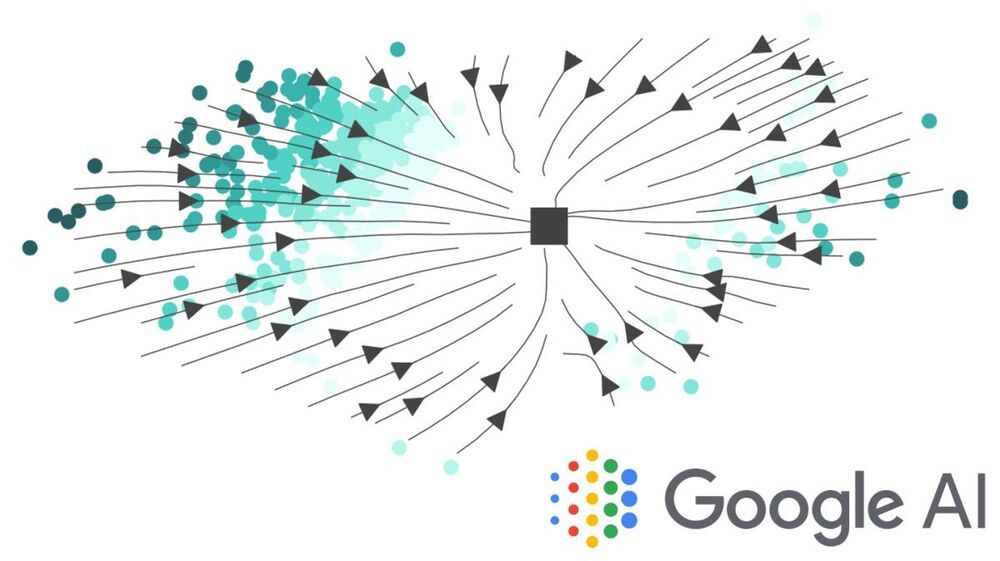In a place where it rains rocks, we can exclude life for sure, right?



A team of researchers from Delft University of Technology (TU Delft), Leiden University, Tohoku University and the Max Planck Institute for the Structure and Dynamics of Matter has developed a new type of MRI scanner that can image waves in ultrathin magnets. Unlike electrical currents, these so-called spin waves produce little heat, making them promising signal carriers for future green ICT applications.
MRI scanners can look into the human body in a non-invasive manner. The scanner detects the magnetic fields radiated by the atoms inside, which makes it possible to study the health of organs even though they are hidden underneath thick layers of tissue.
The non-invasive, see-through power of MRI is desirable for many research fields and industries. It could be particularly useful as an imaging tool in nanotechnology and the chip industry. Being able to detect signals in computer chips and other nanodevices would facilitate optimizing their performance and reducing their heat production. However, the millimeter resolution of conventional MRI is insufficient to study chip-scale devices. A team of researchers led by TU Delft have now developed a new method for sensing magnetic waves at the sub-micrometer scale.

There are no guarantees all those rockets will get off the ground on time, however.
The planned launch of a U.S. spy satellite this afternoon (Nov. 13) could kick off a binge of four liftoffs in four days, if we’re lucky.
The National Reconnaissance Office’s classified NROL-101 spacecraft is scheduled to launch atop a United Launch Alliance (ULA) Atlas V rocket at 5:13 p.m. EST (2213 GMT) today from Cape Canaveral Air Force Station in Florida. You can watch that mission live here at Space.com, courtesy of ULA, or directly via the company.
Han from WrySci HX goes through the results of the 2020 Human Augmentation Survey, and explains why these types of surveys are important for the future. More below ↓↓↓
Follow me on twitter: https://twitter.com/han_xavier_
Please consider supporting 🙏
Patreon: https://www.patreon.com/wrysci_hx
OnlyFans: https://onlyfans.com/han_xavier
Or better yet, consider supporting any of the following =].

Learned optimizers are algorithms that can be trained to solve optimization problems. Although learned optimizers can outperform baseline optimizers in restricted settings, the ML research community understands remarkably little about their inner workings or why they work as well as they do. In a paper currently under review for ICLR 2021, a Google Brain research team attempts to shed some light on the matter.
The researchers explain that optimization algorithms can be considered the basis of modern machine learning. A popular research area in recent years has focused on learning optimization algorithms by directly parameterizing and training an optimizer on a distribution of tasks.
Research on learned optimizers aims to replace the baseline “hand-designed” optimizers with a parametric optimizer trained on a set of tasks, which can then be applied more generally. In contrast to baseline optimizers that use simple update rules derived from theoretical principles, learned optimizers use flexible, high-dimensional, nonlinear parameterizations.

Elon Musk’s Boring Company received its first official “approval” for the expansion of its Vegas Loop. The city’s Planning Commission openly showed support for the Boring Co.’s project, recommending an approval for the expansion of the Vegas Loop to the City Council. Before the recommendation, the Planning Commission suggested adding a stop to the loop in the Arts District as well.
The Las Vegas Arts District—known as 18b—is a cultural hub, filled with enticing creative opportunities and sights to titillate imaginative, adventurous minds. It offers a different sort of entertainment than the casinos and resorts in Sin City. The Planning Commission seemed eager to support a stop in the Arts District for the Vegas Loop.
“We’re very excited to see the (Boring Company’s) application come forward. It’s a special thing. It’s exciting that its coming through downtown. I can see on the map all the different stops associated with the casinos and hotels going up and down,” said one commissioner who had visited Boring Company’s tunnels before voting on the motion.



A large team of researchers affiliated with a host of institutions in Italy, the U.K and Hungary has carried out the most precise measurements yet of deuterium fusing with a proton to form helium-3. In their paper published in the journal Nature, the group describes their effort and how they believe it will contribute to better understanding the events that transpired during the first few minutes after the Big Bang.
Astrophysics theory suggests that the creation of deuterium was one of the first things that happened after the Big Bang. Therefore, it plays an important role in Big Bang nucleosynthesis—the reactions that happened afterward that led to the production of several of the light elements. Theorists have developed equations that show the likely series of events that occurred, but to date, it has been difficult to prove them correct without physical evidence. In this new effort, the researchers working at the Laboratory for Underground Nuclear Astrophysics in Italy have carried out experiments to simulate those first few minutes, hoping to confirm the theories.
The work was conducted deep under the thick rock cover of the Gran Sasso mountain to prevent interference from cosmic rays —it involved firing a beam of protons at a deuterium target—deuterium being a form of hydrogen with just one proton and one neutron—and then measuring the rate of fusion. But because the rate of fusion is so low, the bombardment had to be carried out many times—the team carried out their work nearly every weekend for three years.
Ira Pastor, ideaXme life sciences ambassador and CEO Bioquark interviews Dr. Michelle Francl the Frank B. Mallory Professor of Chemistry, at Bryn Mawr College, and an adjunct scholar of the Vatican Observatory.
Ira Pastor comments:
Today, we have another fascinating guest working at the intersection of cutting edge science and spirituality.
Dr. Michelle Francl is the Frank B. Mallory Professor of Chemistry, at Bryn Mawr College, a distinguished women’s college in the suburbs of Philadephia, as well as an adjunct scholar of the Vatican Observatory.
Dr. Francl has a Ph.D. in chemistry from University of California, Irvine, did her post-doctoral research at Princeton University, and has taught physical chemistry, general chemistry, and mathematical modeling at Bryn Mawr College since 1986. In addition Dr. Francl has research interests in theoretical and computational chemistry, structures of topologically intriguing molecules (molecules with weird shapes), history and sociology of science, and the rhetoric of science.
Dr. Francl is noted for developing new methodologies in computational chemistry, is on a list of the 1,000 most cited chemists, is a member of the editorial board for the Journal of Molecular Graphics and Modelling, is active in the American Chemical Society, and the author of “The Survival Guide for Physical Chemistry”. In 1994, she was awarded the Christian R. and Mary F. Lindback Award by Bryn Mawr College for excellence in teaching.